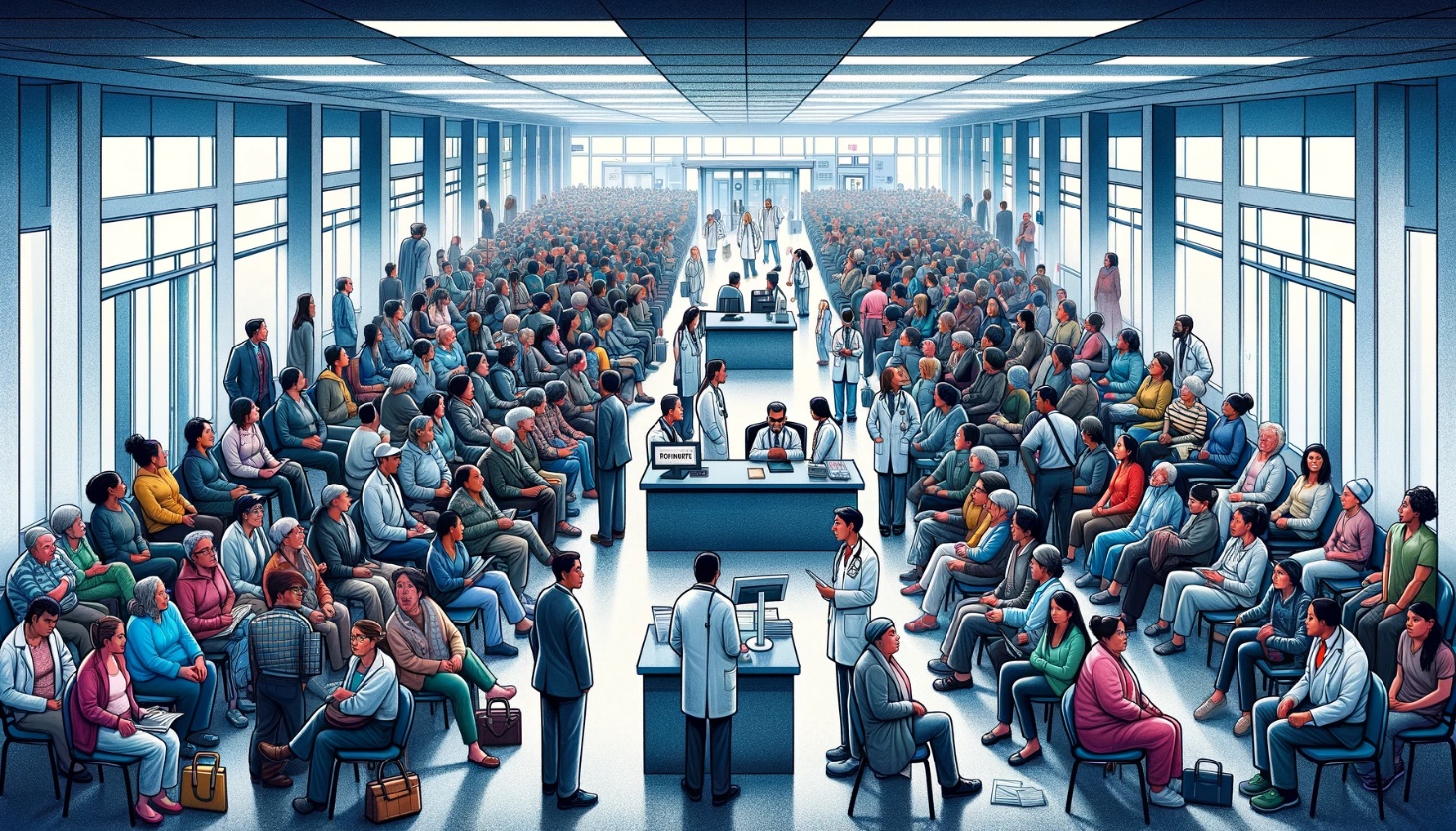
Tackling the Primary Care Crisis through Equitable Compensation and Systemic Reform
The United States is grappling with a critical shortage of primary care physicians, deeply rooted in compensation disparities. Primary care doctors, essential for long-term healthcare management, often earn significantly less than specialists, influencing medical students’ career choices. This pay gap, combined with intense workloads, is steering new doctors towards specialization, reducing primary care options for patients. Despite recent legislative efforts to enhance primary care training and access, such as a proposed $26 billion bill, these measures fall short as they don’t address the fundamental issue of compensation.
The Medicare payment system significantly influences doctor remuneration and favors procedural specialties over primary care, resulting in a severe imbalance in healthcare. Primary care accounted for less than 5% of healthcare spending in 2020. Experts suggest that a shift towards a capitation payment system, which pays a set monthly amount per patient, could better accommodate the diverse workload of primary care physicians. The Centers for Medicare & Medicaid Services also introduced changes to balance payments between primary care and specialists, including new billing codes for complex patient management services. Read More
Compensation is Key to Fixing Primary Care Shortage (Andrews, Fierce Healthcare, 11/28).
[NOTE: See Making Care Primary Webinar Now Available further down in the newsletter to view MSSNY’s new webinar, which provides physicians with information about the Making Care Primary payment model and the application process.]


